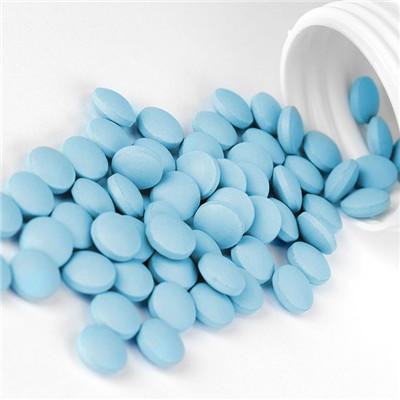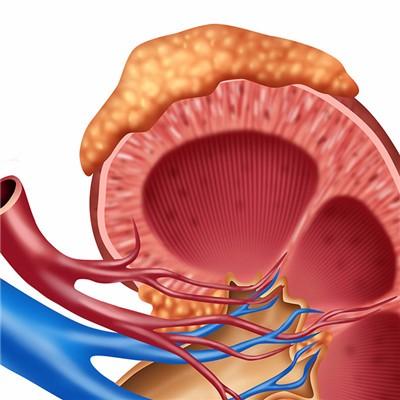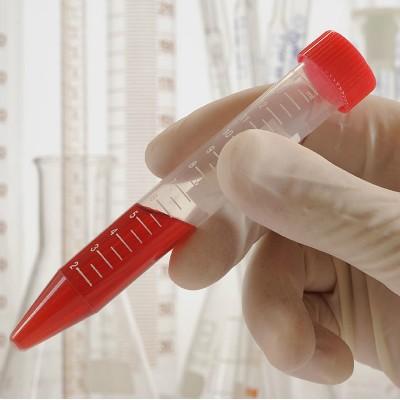How to prevent colon cancer
summary
It seems that adolescents who are too fat are more likely to suffer from colorectal cancer. What factors are associated with colorectal cancer? In recent years, the incidence rate of colorectal cancer in China ranks third, up to 31/10 million, and is directly under European and American countries. However, the early diagnosis rate of patients is far behind that of foreign countries, and about 60% of the patients are in the middle and late stages at the time of diagnosis. It's not strange that young people have malignant tumors, especially colorectal cancer, which is related to the change of people's lifestyle. So how to prevent colon cancer.
How to prevent colon cancer
First, reasonable diet, more coarse and less fine. The prevalence of colorectal cancer in China shows that the incidence rate of colorectal cancer is low in areas where coarse grains are eaten. Incidence rate of colorectal cancer is high. According to the survey conducted by the food, nutrition and cancer Commission of the United States, colon cancer, breast cancer, esophageal cancer, gastric cancer and lung cancer are most likely to be prevented by changing dietary habits. A reasonable diet can prevent most cancers. In particular, there are various anti-cancer ingredients in whole grain foods, which can prevent almost all cancers. Therefore, adults should eat about 400 grams of cereal staple food every day, at least not less than 300 grams. At the same time, eating more fresh vegetables, fruits, edible fungi and less high-fat food can effectively reduce the incidence of cancer such as colorectal cancer.
Second, prevention and treatment of intestinal diseases. Active prevention of various polyps, chronic enteritis (including ulcerative colitis), schistosomiasis, chronic dysentery and so on, for intestinal polyps should be treated as soon as possible. Colorectal polyps are divided into five categories, namely adenomatous polyps, inflammatory polyps, hamartomatous polyps, biochemical polyps and mucosal hypertrophic neoplasms. Adenomatous polyps are true neoplastic polyps and precancerous lesions of colon cancer. Therefore, when colonic adenomas are found, they should be removed in the benign adenoma stage, and pathological examination should be carried out. If not early treatment, the vast majority will become colorectal cancer. In addition, we should actively treat habitual constipation, and pay attention to keep the stool unobstructed.
Third, regular inspection. For the high-risk groups of colorectal cancer, such as men over 40 years old, patients with familial multiple intestinal polyps, patients with ulcerative colitis, patients with chronic schistosomiasis and those with family history of colorectal cancer, regular examination should be carried out to guard against the signs and early symptoms of colorectal cancer, such as change of stool habits, alternation of diarrhea and constipation, bloody or black stool, flat and thin stool shape, etc.
matters needing attention
Eat more food rich in dietary fiber: konjac, soybean and its products, fresh vegetables and fruits, algae, etc.













